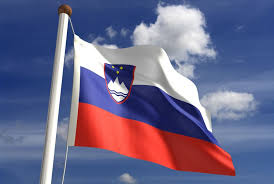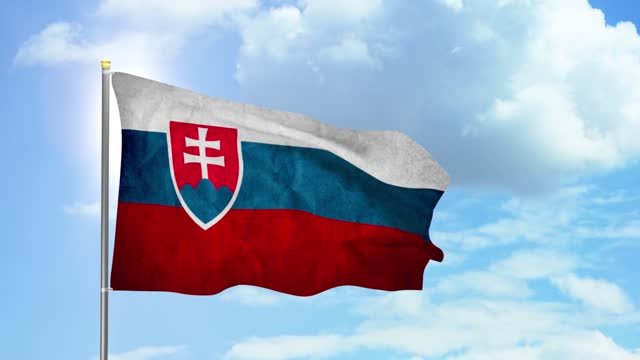Slovenia is a magnificent nation in Central Europe that is renowned for its breathtaking scenery and kind citizens. Since its economy has been expanding in recent years, immigrants find it to be a desirable location. However, quotas and limitations on immigration to Slovenia can make the process more difficult. This article covers all you need to know about Slovenia’s immigration quotas and caps. It includes a description of the country’s immigration policy, a list of available visas and permits, and a list of the immigrant groups that are subject to quotas and restrictions. This piece will also go through the yearly restrictions on permits and visas, and advice for navigating Slovenia’s immigration system.

Types of visas in Slovenia
The goal of Slovenia’s immigration policy is to entice highly qualified employees, students, and investors. Depending on their intended use for the nation, people can apply for various visas and permissions. These consist of:
Short-term visas
People can apply for a short-term visa for stays of up to 90 days over six months. This kind of visa is appropriate for transient travel, business, or other purposes.
Long-term visas
People can apply for long-term visas for stays longer than 90 days over six months. This category of visa is appropriate for those who want to stay in Slovenia for a long amount of time to work or study.
Resident permits
Those wishing to remain in Slovenia for some time longer than a year may apply for a resident permit. People who want to live and work in Slovenia for a long time should get this kind of permission.
Categories of immigrants subject to quotas and caps
Different categories of immigrants are subject to Slovenia’s immigration caps, based on their intended purpose in the country. These include:
Family members
There are limitations and caps on the number of family members who can be Slovenian citizens or permanent residents. There are 2,000 family reunification licenses available each year. Included in this limit are partners, kids, and other family members.
Workers
Quotas and limitations apply to non-EU employees who desire to work in Slovenia. There is a 6,500 yearly cap on the number of employment permits. Based on the demands of the nation’s labor and economy, this cap has been set.
Seasonal employees
Quotas and limitations apply to seasonal workers who desire to work in Slovenia. Seasonal employment permits are only allowed for 1,500 hours per year. Workers in the ag, f, and t industries are included in this quota.
Students
Slovenia imposes limitations on the number of non-EU students it will accept. There is an annual cap of 4,500 for student visas and permits. Based on the capacity of Slovenian universities and colleges, this cap has been set.
Green Card
A unique kind of work permit known as the “Blue Card” enables highly qualified non-EU individuals to work in Slovenia. Blue Card usage is restricted to 500 per year.
Internal transfers
Employees of multinational corporations that relocate to Slovenia for employment purposes are referred to as intra-company transfers. There is a yearly cap of 1,000 transfers within the same firm.
Independent contractors
Slovenian quotas and limitations apply to self-employed people who want to work there. The yearly cap on work licenses for independent contractors is set at 500.
Highly qualified personnel
Quotas and limitations apply to highly skilled people who want to work in Slovenia. The number of highly skilled work permits issued each year is capped at 500.
Annual permit and visa limits
Depending on the type of immigrant, there are different yearly restrictions on permits and visas. For instance, the government established quotas of 6,500 non-EU workers, 1,500 seasonal employees, and 4,500 students for 2021. Based on the demands of the nation’s labor and economy, these limits might alter every year.
Tips for navigating quotas and caps
The earlier you apply, the better your chances are of being accepted for a visa or permission. Quotas and caps are frequently reached rapidly, therefore submitting your application early might assist guarantee that it is taken into account before the cap is reached. Additionally, it’s critical to check that your application is accurate and full and complies with all regulations, as applications that are insufficient or inaccurate may be denied.
You may also find these articles helpful
Moving to Slovenia: Full relocation guide
Working in Slovenia as an expat
Best cities to live in Slovenia



